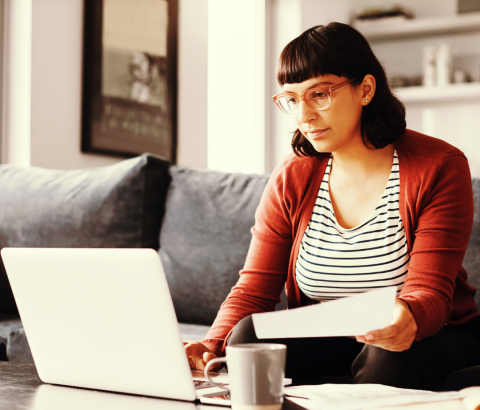How many years after bankruptcy can I buy a house?
How many years after bankruptcy can I buy a house?
You’ve been discharged from your bankruptcy and you are debt free – but what now? Can you continue your life as before, applying for credit and paying this back on time and in full? The short answer is yes, but it’s best to understand that it won’t be easy – and the same principle applies when it comes to mortgages and buying a home.
Can I buy a house after bankruptcy?
Yes, you can. But you will need to navigate the minefield that is getting accepted for a mortgage (unless you find yourself able to pay for the house up front – something very few people can ever do).
Don’t despair though; getting a mortgage is difficult at the best of times. However, as a newly bankrupt individual, you may find yourself having to wait a few years before you can be accepted for a mortgage with a decent interest rate.
How many years after bankruptcy can I buy a house?
Essentially, it will take five years before it is likely that you will be accepted for a mortgage with a 10% deposit, which is the most common mortgage loan to value ratio – but you should expect the interest rate to still be higher than the market standard. Once the bankruptcy has dropped off your credit report – six years after the date it was set up – this is when you have the best chance of being accepted.
To apply for a mortgage, you will also need to offer a deposit and the higher this is the better chance of acceptance. We’ve broken down how much deposit you will likely need and when you should consider offering this in a table in this bankruptcy and mortgages guide.
When considering buying a house, improving your credit rating is the first place to start though.
It will be a slow process recovering your credit rating after bankruptcy but it can be done. Start by avoiding applying for credit for at least 12 months after you have been discharged, it’s unlikely you will be accepted in this time and rejections on your credit report will not do your rating any favours.
When you start applying for credit again, start very small. A 0% interest credit card is a good starting point. Use this to pay for small expenses each month, such as your petrol, and then pay this off at the end of the month. This will build up your rating as you prove you can borrow and pay back on time and in full.
The good news is that, with bankruptcy relieving you of your debts, you have the chance to start again financially. We recommend getting into a saving habit, which will allow you to save up for that deposit quicker and could even see you enjoy a bigger one to offer.
How to improve your chance of being accepted for a mortgage
Again, we’ve gone into this in more detail in our in-depth guide on bankruptcy and mortgages but one key thing to remember is to buy within your budget.
Many people stretch themselves too much when buying a house – choosing a property at the top end of their budget and finding themselves in trouble when they’ve paid the fees and deposit, and have nothing left over to actually set themselves up in their home or do any work to it. This is when they may consider applying for credit and finding themselves in debt again.
Purchasing a house at the bottom end of your budget means your deposit will be smaller, you’ll easily be able to pay your solicitor’s fees and you won’t find yourself needing credit once you’re in the property and discover something needs fixing. It also increases the likelihood of being accepted for a mortgage, because on paper you will be able to afford the repayments.
If you need help improving your credit rating or want to know more about the effects of bankruptcy our team can help. Speak to us today on 0800 316 1833 or fill out our contact form.


